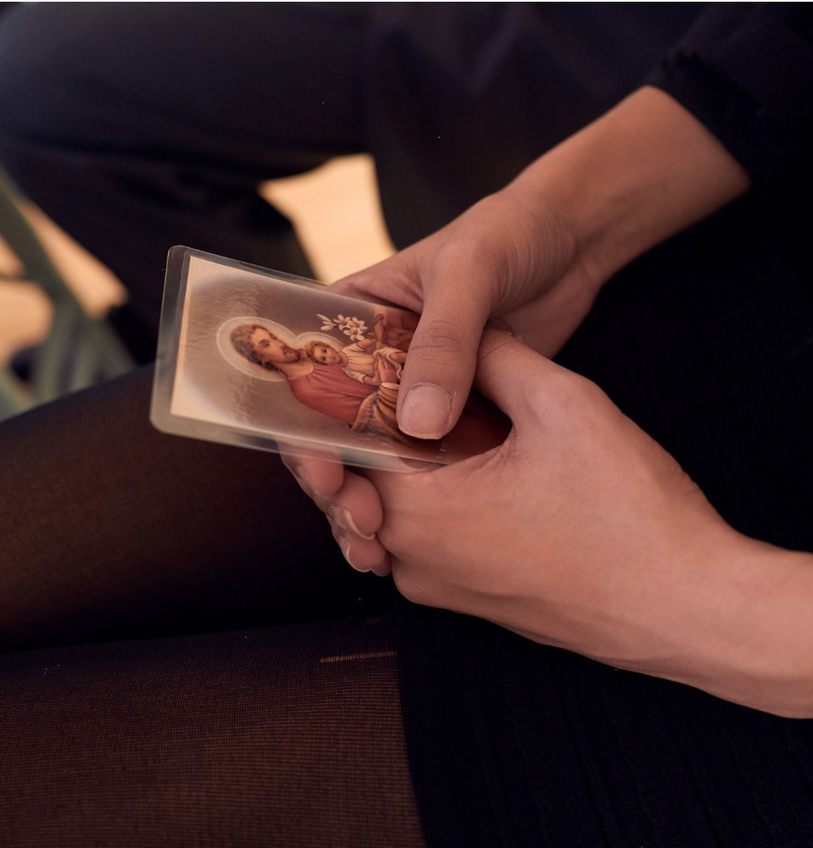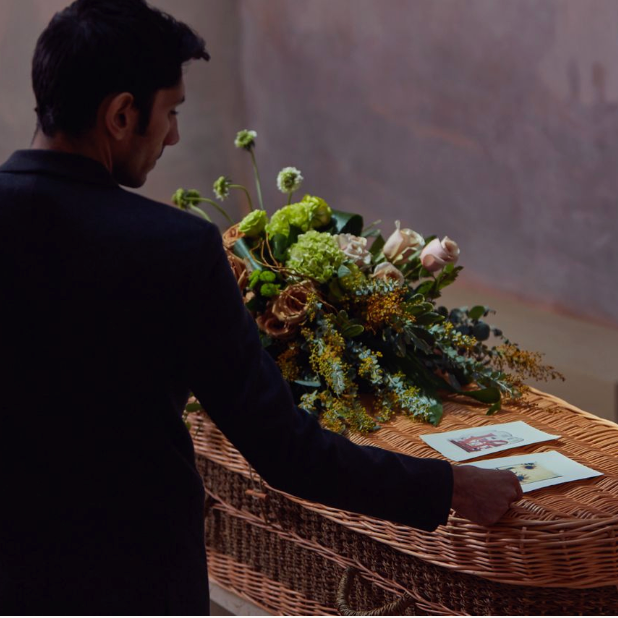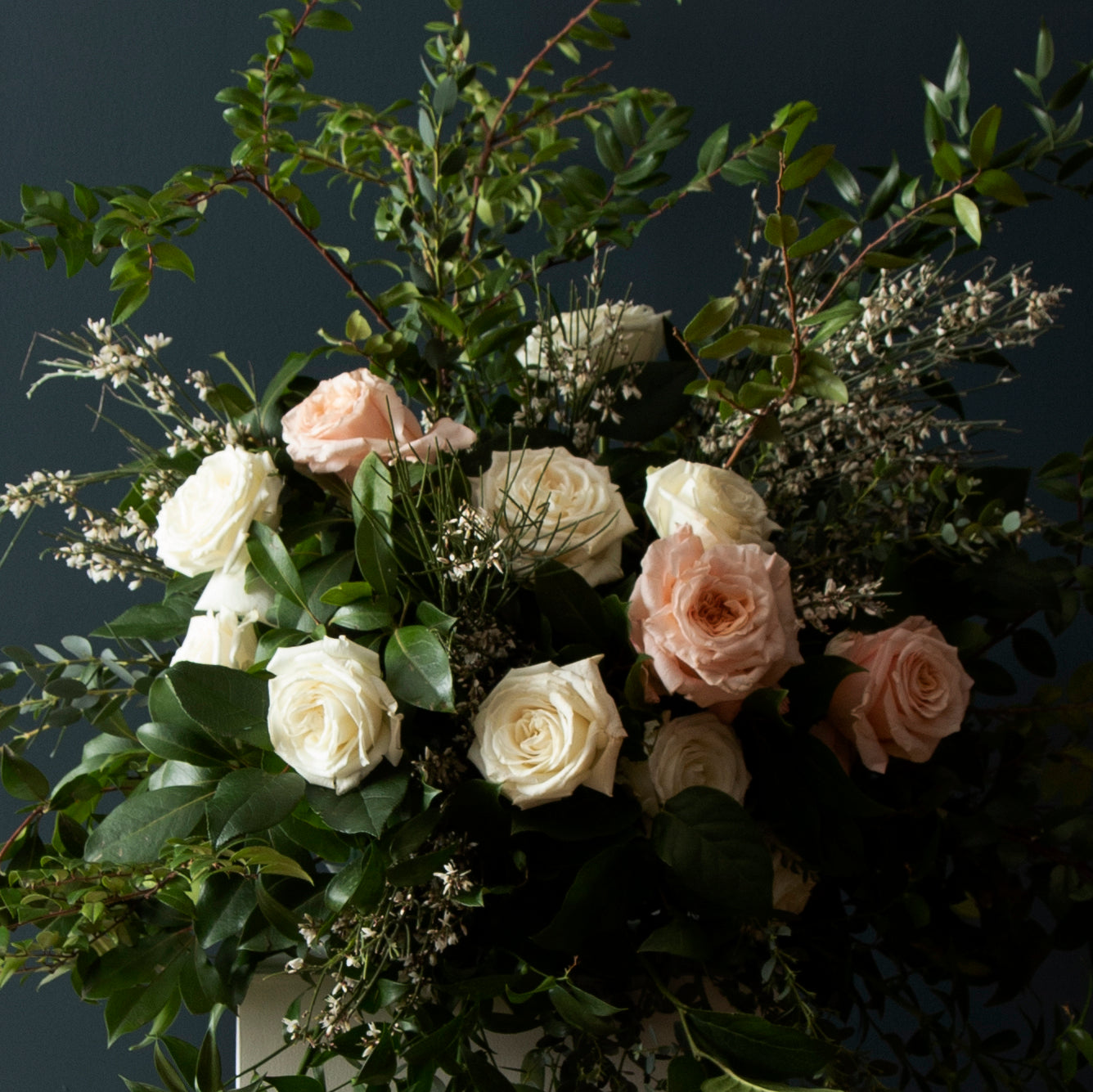The process of bidding farewell to a loved one is deeply personal, and the ceremonies surrounding death can take various forms. Funerals, wakes, and memorials are three distinct ways through which people commemorate and celebrate the lives of those who have passed away.
Funerals: Honoring Tradition and Ritual
Funerals are perhaps the most traditional and formal of the three ceremonies. These events typically involve a structured sequence of rituals, including a viewing or visitation, a formal ceremony, and a final disposition, such as burial or cremation. Funerals often follow specific religious or cultural practices and provide a structured environment for mourners to express their grief collectively. The focus is on paying respects to the deceased while offering support to grieving family members.
Wakes: A Time for Remembrance
Wakes, in contrast, tend to be more informal and social gatherings. Often held before or after a funeral, wakes provide an opportunity for friends and family to come together in a less structured setting. The atmosphere is generally more relaxed, with people sharing stories, memories, and condolences. Unlike funerals, wakes may not necessarily involve religious or ceremonial elements and can be tailored to reflect the personality and preferences of the deceased.
Memorials: Celebrating a Life Well-Lived
Memorials focus on celebrating the life of the departed without the physical presence of the body. These events can take various forms, ranging from intimate family gatherings to large-scale public ceremonies. Memorials often emphasize the positive aspects of the person's life, showcasing achievements, personal anecdotes, and the impact they had on others. Unlike funerals or wakes, memorials are not bound by a specific timeframe and may occur days, weeks, or even months after the person has passed away.
Cultural and Religious Influences
The choice between a funeral, wake, or memorial is often influenced by cultural and religious beliefs. In some cultures, elaborate funeral ceremonies are a cornerstone of the grieving process, while others may opt for more casual wakes or uplifting memorials. Understanding the cultural context can provide insight into the preferred way of commemorating a person's life and offering support to the bereaved.
Personal Preferences: Tailoring the Farewell
Ultimately, the decision between a funeral, wake, or memorial is a deeply personal one, often guided by the preferences and wishes of the deceased and their family. Some individuals may have explicitly expressed their desires for a specific type of ceremony, while others may leave the decision to their loved ones. Considering the personality and values of the departed person can help create a farewell that truly honors their legacy.
In the spectrum of farewells, funerals, wakes, and memorials each serve a unique purpose, catering to the diverse needs and preferences of grieving individuals and communities. While the rituals and traditions associated with each ceremony may differ, the underlying goal remains the same: to provide solace, support, and a meaningful way to remember and celebrate a life well-lived.





